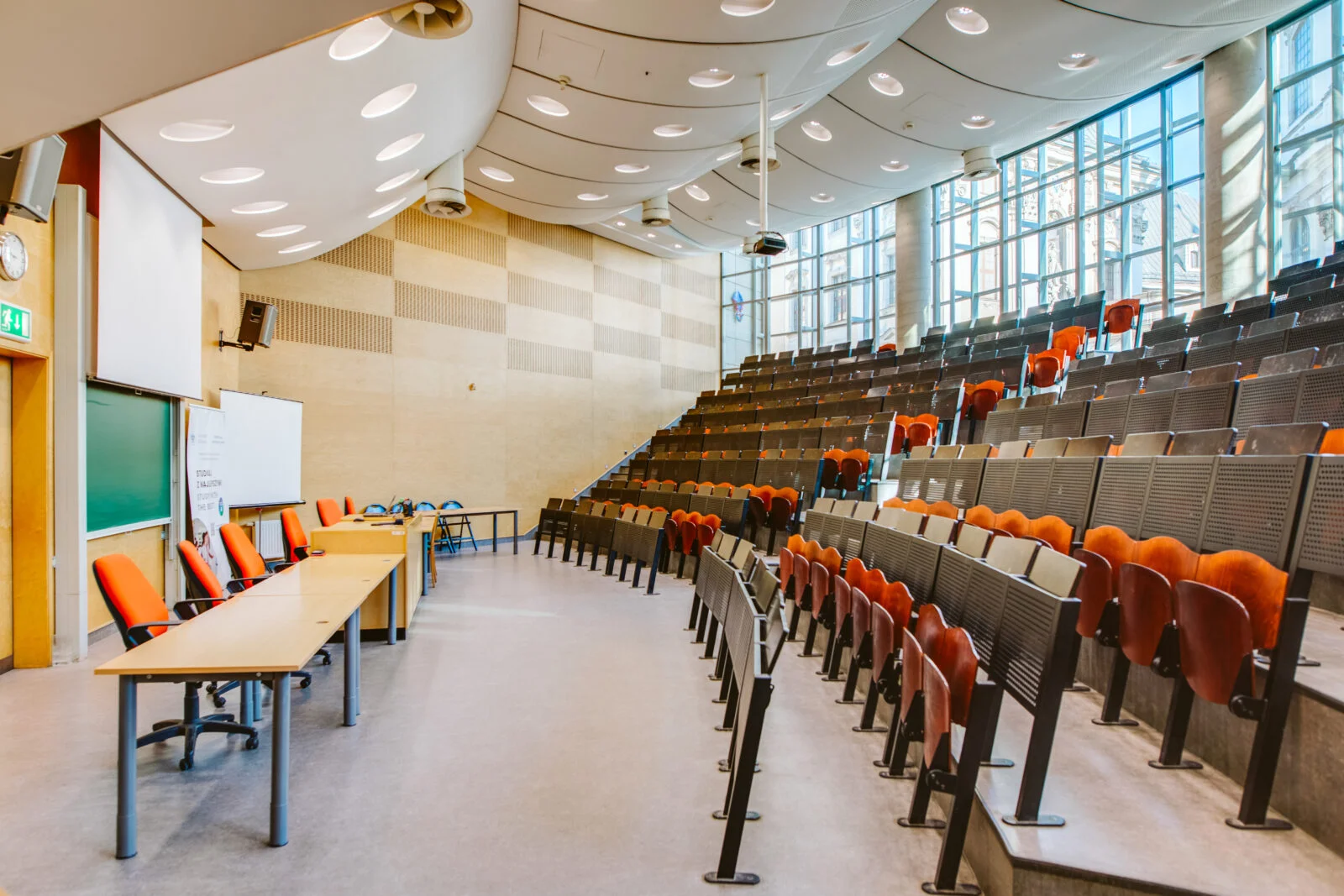
How to ensure judicial protection of the right to information?
On 27 May 2022, from 12:00 to 15:30 in the Witold Świda room (building D, ul. Uniwersytecka 7-10), the Faculty of Law, Administration and Economics of the University of Wrocław and non-governmental organisations (Civic Network Watchdog Polska, Helsinki Foundation for Human Rights, Panoptykon Foundation) are organising a seminar: “How to ensure judicial protection of the right to information?”.
The meeting will be streamed online via Facebook and YouTube channels and translated into Polish Sign Language.
The substantive side of the event is overseen by Professor Michał Bernaczyk of the Chair of Constitutional Law at the WPAiE University of Wrocław, while distinguished guests and experts have been invited to debate the topic:
Editor Ewa Siedlecka, journalist at Polityka Weekly, long-time journalist at Gazeta Wyborcza, winner of numerous awards for her outstanding journalistic work. Professor Krystian Markiewicz from the Department of Civil Procedure at the Faculty of Law and Administration of the University of Silesia, Judge of the Regional Court in Katowice, President of the Association of Polish Judges “Iustitia” Professor Krzysztof Sobieralski of the University of Warsaw, Head of the Department of Administrative Procedure and Administrative Justice at the Institute of Administrative Sciences at the University of Warsaw, Judge of the Provincial Administrative Court in Opole. Marcin Wolny, attorney-at-law associated with the Helsinki Foundation for Human Rights, specialist in the protection of human rights in the criminal process Wojciech Klicki lawyer from the “Panoptykon” Foundation, specialist in the topic of the powers of the police and secret services and the relationship between human rights and security.
Paula Kłucińska, a lawyer from the “Civil Network Watchdog Poland”, a specialist in access to public information and litigation in these matters.
Moderation will fall to Professor Michał Bernaczyk of the Chair of Constitutional Law at the Faculty of Law, Administration and Economics of UWr.
Since April 2009, following the historic Grand Chamber judgment in the case of Társaság a Szabadságjogokért – v. Hungary, we can have no doubt that Article 10(1) of the ECHR is the source of the right to obtain information on state activities. At the same time, 17 October 2022 will mark 25 years since the entry into force of the Polish Constitution. In 1997, for the first time in the history of Polish constitutionalism, the right to information on the activities of public authorities and persons performing public functions appeared in our legal system. Article 61 is the most casuistic provision on individual rights in the Polish Constitution. In 1997, Poland was ahead of the European standard and also of many constitutions at that time in terms of freedom of information for citizens, journalists, scientists and various public watchdogs. Today, however, it is questionable whether practice has kept pace with the legal standard. Last year, the ECtHR communicated to the Polish government its acceptance of the first Polish complaint for violation of the right to obtain information on state activities (Sieć Obywatelska Watchdog Polska v. Poland, complaint number 10103/20). On 27 May 2022, we meet at the Faculty of Law, Administration and Economics of the University of Wrocław, convinced that human and civil rights depend on an effective, efficient system for the protection of individual rights. The courts have a fundamental role to play in this regard, but also representatives of the ‘fourth power’ (the media and social organisations). Therefore, we pose the question: how to effectively protect the citizen’s right to information in judicial or administrative proceedings? We cordially invite our academic community to participate in the event and find the answer to this question.



